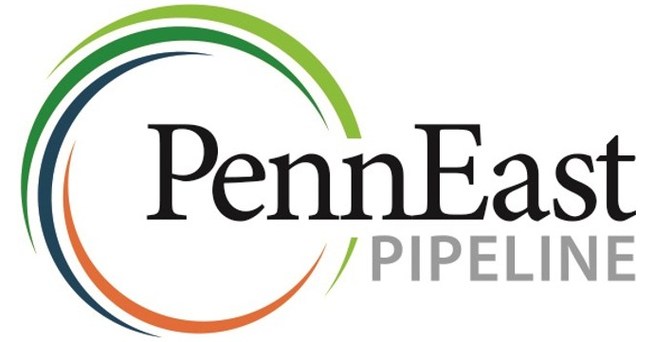A federal appeals court has denied the PennEast company’s request to rehear a case concerning the condemning of state-owned land for its pipeline project.
The Third Circuit Court of Appeals ruling this month, limits the company’s options to build the 116-mile pipeline from Pennsylvania into New Jersey. This decision puts the project in jeopardy.
“The PennEast member companies remain committed to the PennEast Pipeline project and are evaluating all options in light of this recent development,” said Patricia Kornick, PennEast’s spokesperson.
The company could re-route the pipeline or appeal the case to the U.S. Supreme Court, both of which are difficult scenarios.
Timothy Duggan, a partner with Stark and Stark, a law firm in Lawrence Township, with experience in eminent domain, represents private landowners and municipalities that are against the project.
Prior to the court’s latest decision, Duggan said that he believes it will be very difficult for the company to re-route a pipeline in New Jersey without crossing a property in which the state has an interest.
“Another major setback for the PennEast Pipeline,” Duggan said in a statement. “The Third Circuit Court of Appeals denied PennEast’s request for a rehearing, which ends the Third Circuit appeal process. The order requiring PennEast to dismiss the State of New Jersey from all cases stands. PennEast can file a petition asking the U.S. Supreme Court to take the case and review the decision (called writ of certiorari). The U.S. Supreme Court takes a small amount of cases (1-2% per year), so this is now a long shot.”
Back on Sept. 10, the Third Circuit Court of Appeals decided that the company could not condemn state land to build part of its pipeline.
The decision reversed a lower court’s decision that allowed PennEast to condemn about 42 parcels of New Jersey state land.
The court stated under the 11th Amendment of the U.S. Constitution, the state is immune from condemnation lawsuits by private parties, including pipeline companies.
The construction of the 116-mile long natural gas pipeline is a $1 billion project from Pennsylvania into New Jersey. The pipeline’s construction would occur in the Hopewell area, while the New Jersey leg of the pipeline accounts for about one-third of the total project.
Company officials said the pipeline route in New Jersey largely aligns with decades-old power lines and roads to dramatically lower overall impacts. As a result, wetland impacts are reduced by nearly half, with a total project footprint reduced by more than 20%, according to officials.
Third Circuit’s latest decision also follows a New Jersey Department of Environmental Protection October decision to deny PennEast’s latest permit applications for the pipeline project.
The permits were denied after PennEast, on Aug. 8, had resubmitted the Freshwater Wetlands and Flood Hazard Area Permit applications to New Jersey regulators.

